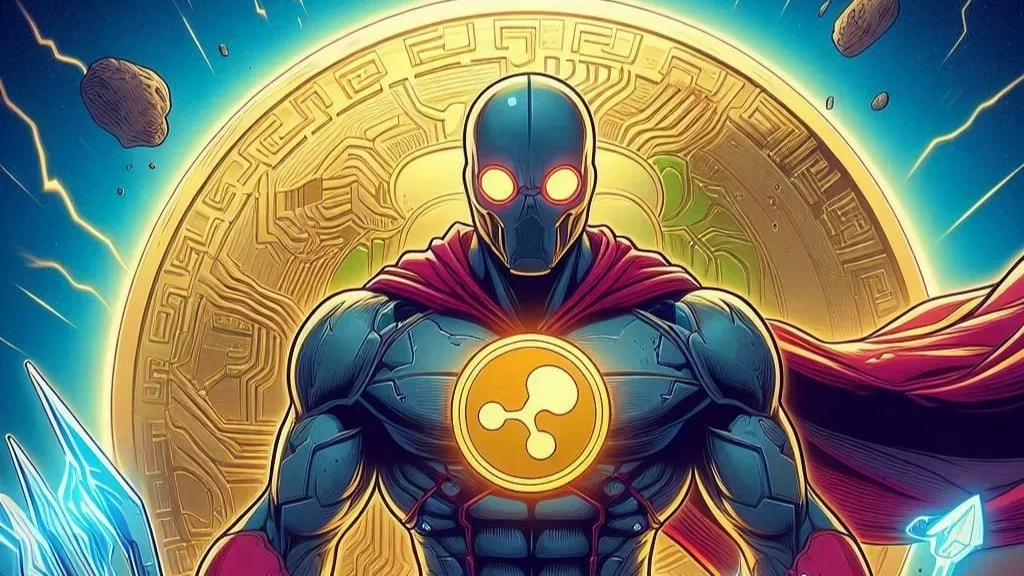
In a surprising twist of events, the revered Dogecoin (DOGE) developer and advocate, Mishaboar, has sounded a clarion call to fellow Dogecoin holders. This plea carries a weighty message: a fervent request for DOGE holders to withdraw their assets from Huobi, a cryptocurrency exchange facing mounting scrutiny.
This appeal comes as Huobi’s financial stability faces growing concerns, throwing the reliability of widely endorsed practices like the proof-of-reserves model into question.
Challenging the Paradigm of Proof-of-Reserves
At the heart of this unexpected scenario lies a rigorous reexamination of the proof-of-reserves concept. For years, cryptocurrency exchanges have leaned on this practice to showcase their financial robustness, assuring investors and users of their reliability.
However, Mishaboar’s exhortation to exercise prudence has cast a spotlight on potential vulnerabilities within this system. The DOGE advocate contends that while proof-of-reserves is often hailed as a dependable gauge of financial health, it can sometimes be misleading and might not provide an accurate snapshot of an exchange’s liabilities.
Mishaboar’s call reverberates as a poignant reminder that, while proof-of-reserves is a crucial metric, it should not stand as the sole determinant of an exchange’s financial soundness.
In an industry characterized by innovation, decentralization, and disruptive technology, the continuous refinement of mechanisms to safeguard the security and reliability of crypto exchanges is paramount.
Adam Cochran’s Initial Alarm
The concerns surrounding Huobi’s solvency were first stirred by none other than Adam Cochran, a distinguished fintech executive and angel investor. Cochran’s allegations revolve around discrepancies between the on-chain data related to Huobi and the figures declared in its “Merkle Tree Audit” for the stablecoin Tether (USDT) holdings.
Cochran’s discerning eye pinpointed a stark disparity between the on-chain data, which suggests that Huobi holds a modest $90 million in assets, and the audited claim of an astonishing $630 million in USDT holdings.
These glaring incongruities have triggered a cascade of questions that demand transparent answers. Among the inquiries resounding in the crypto community is how an exchange could assert such substantial reserves when the on-chain data paints a markedly different picture.
Amidst these questions, noteworthy sell-offs of the contentious stablecoin USDT by Huobi have emerged. The timing of these transactions adds a layer of intrigue, as they unfolded shortly after the introduction of stUSDT, a new stablecoin pioneered by Justin Sun, the visionary founder of the Tron blockchain platform.
However, it’s crucial to note that Justin Sun has firmly disavowed these speculations, reaffirming his unwavering dedication to the growth and prosperity of the Tron ecosystem.
Navigating Uncertainty: Insights and Implications
As the cryptocurrency landscape continues to evolve, cases like Huobi’s underscore the need for continuous scrutiny, transparency, and accountability. Mishaboar’s call for action serves as a reminder that while established practices have their place, they should not be viewed as infallible. The crypto community’s resilience lies in its collective diligence, constant questioning, and the pursuit of truth.

Get the latest Crypto & Blockchain News in your inbox.